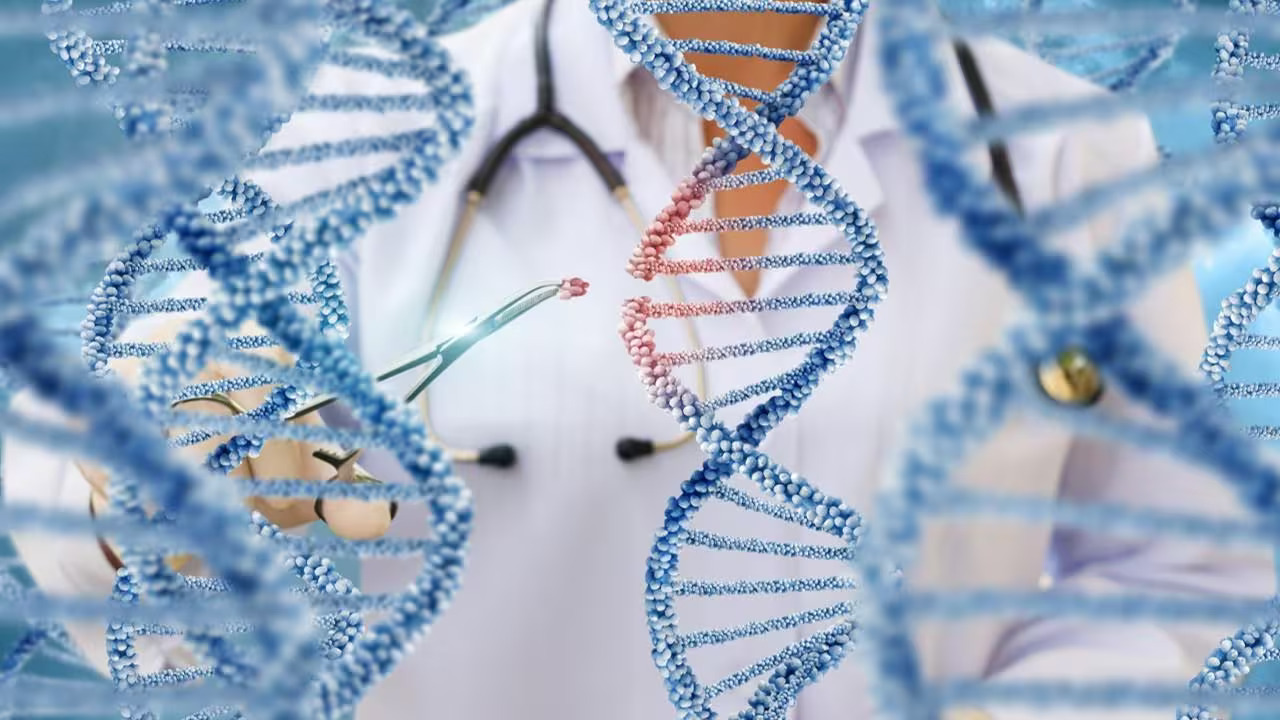Direct-to-consumer (DTC) genetic testing has become increasingly popular in recent years. These tests offer individuals the ability to explore their genetic makeup and identify potential health risks from the comfort of their own homes. While there are concerns about the accuracy and privacy of these tests, they offer significant promise in providing insights into an individual’s health and offering proactive steps for reducing the risk of various conditions.
Early Detection for Proactive Management
One of the most significant benefits of DTC genetic testing for disease risk assessment is the potential for early detection. By identifying genetic risk factors for various conditions, individuals can take proactive steps to reduce their risk, undergo more frequent screening, or even consider prophylactic surgery in some cases. For example, women who carry a BRCA1 or BRCA2 gene mutation may opt to undergo prophylactic mastectomy or oophorectomy to reduce their risk of developing breast or ovarian cancer.
According to a survey by the Pew Research Center, 72% of Americans believe that genetic testing for disease risk is beneficial. Additionally, 63% of respondents who have undergone genetic testing reported that the results were useful in managing their health.
Complements Traditional Medical Care
While genetic testing can provide valuable information, it is essential to work with a healthcare provider to interpret the results and develop an appropriate plan of action. DTC genetic testing for disease risk assessment is not a substitute for medical care, and individuals should not make any medical decisions without consulting a healthcare professional. However, the information provided by genetic testing can complement traditional medical care, allowing healthcare providers to provide more personalized care based on an individual’s genetic makeup.
According to a study published in the Journal of Personalized Medicine, genetic testing can improve the accuracy of disease risk assessment and help identify individuals who may benefit from early screening or preventive interventions.
False Positives and Negatives are Possible
A limitation of DTC genetic testing for disease risk assessment is the potential for false positives or false negatives. Genetic testing is not 100% accurate, and errors can occur during the testing process or in the interpretation of results. Additionally, not all genetic mutations are equally predictive of disease risk. Some mutations may increase an individual’s risk by a small amount, while others may significantly increase their risk. Therefore, it’s important to understand the limitations of genetic testing and work with a healthcare provider to interpret the results.
According to a study published in the New England Journal of Medicine, false-positive results for breast cancer risk are common in DTC genetic testing, with up to 40% of results being incorrect. Therefore, individuals should be cautious when interpreting the results of genetic testing and seek guidance from a healthcare professional.
Anxiety and Psychological Distress
One area of particular concern with DTC genetic testing is the potential for anxiety and psychological distress. Learning that one is at an increased risk for a particular disease can be stressful and may lead to unnecessary worry and anxiety. However, many companies offering genetic testing also provide counseling and support services to help individuals manage any psychological distress associated with the results.
According to a study published in the Journal of Genetic Counseling, individuals who undergo genetic testing for breast cancer risk experience a range of emotions, including anxiety, uncertainty, and relief. However, the majority of participants reported that genetic testing was beneficial and helped them make informed decisions about their health.
Ethical Implications
It’s important to consider the ethical implications of DTC genetic testing for disease risk assessment. Genetic information is sensitive and can be used to discriminate against individuals in areas such as employment and insurance. However, there are legal protections in place to prevent such discrimination. Additionally, the sharing of genetic information with third parties raises concerns about privacy and data security. Therefore, it’s important for individuals to carefully consider the terms of service and privacy policies of genetic testing companies before sharing their genetic information.
According to a study published in the Journal of the American Medical Association, many DTC genetic testing companies do not provide clear information about their data-sharing practices, raising concerns about the security of genetic information.
Conclusion
DTC genetic testing for disease risk assessment offers significant promise in providing early detection and proactive management of various conditions. However, it’s essential to understand the limitations of genetic testing and work with a healthcare provider to interpret the results. False positives and negatives are possible, and individuals may experience anxiety and psychological distress associated with the results. Additionally, it’s important to consider the ethical implications of sharing genetic information with third parties and carefully review the terms of service and privacy policies of genetic testing companies.
Despite these limitations, the benefits of genetic testing for disease risk assessment cannot be ignored. With advancements in genetic research and technology, genetic testing is becoming increasingly accurate and accessible, allowing individuals to take a more active role in managing their health. By working with healthcare providers and carefully considering the potential risks and benefits of genetic testing, individuals can make informed decisions about their health and take proactive steps to reduce their risk of various conditions.



